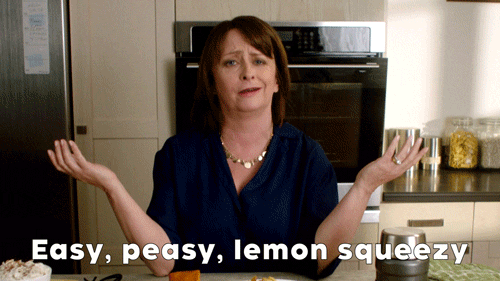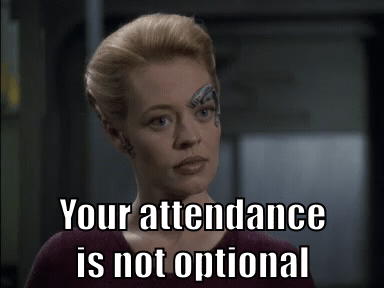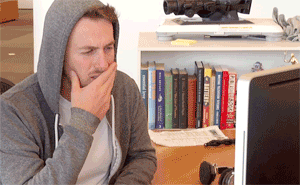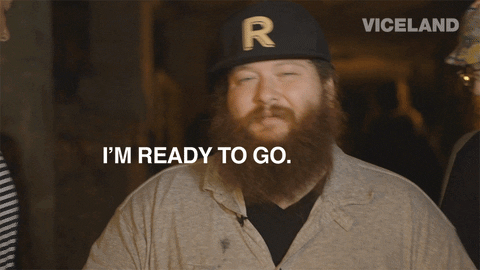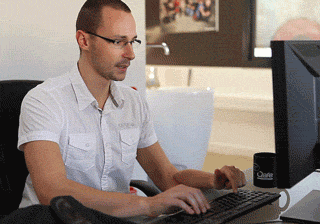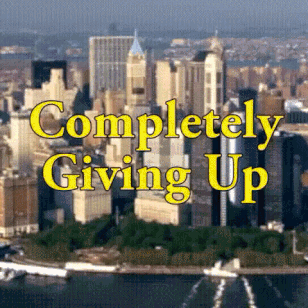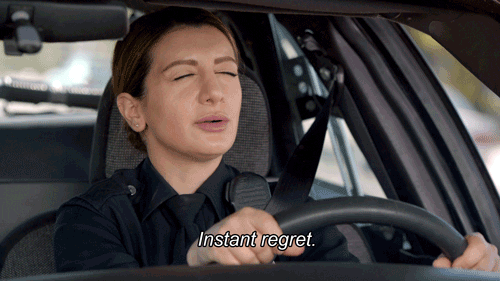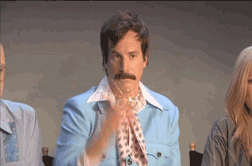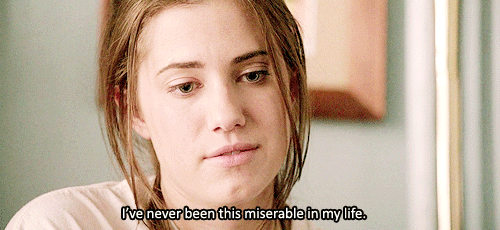We are just over halfway through 2016, and so far, it's been a sh*t show. Throughout each day, we see new videos or articles from some obscure news sources with clickbait headlines that somehow have tens of thousands of shares, likes and tons of comments.
Just last night, I stumbled upon a post shared on Facebook about a boy's open letter to his dentist after an interaction surrounding the boy's plans to attend Stanford. It was an article from the Huffington Post, which you can determine for yourself whether or not you feel it is a credible news source. But no matter the credibility or amount of truth in the things shared through Huffington Post, it is definitely biased.
Everyone knows that the Huffington Post is a left-leaning source (or if they don't, they should realize it is). That does not mean that having liberal opinions and ideas is a bad thing. We have made extreme amounts of progress as a society because of liberalism. There is nothing wrong with being liberal, just like there's nothing wrong with being conservative, and similarly, nothing wrong with finding yourself somewhere in the middle. Knowledge and growth for individuals and society come from being able to converse, argue, and discuss any and all topics with those with differing opinions from your own.
However, in the comments section of the article on this young man's letter, all hell broke loose. Some commenters commended the boy for shining light on the ignorant remarks of his dentist while others expressed empathy because they had found themselves in similar situations growing up. Some defended the dentist's words and claimed affirmative action is the reason the boy got into Stanford while others made personal attacks of their own against the boy and other commenters about race, class, education and privilege.
Social media and comment sections are great tools. We can share our ideas and perspectives in the hopes that we are helping to educate society by increasing exposure to a spectrum of experiences. People can respond to the things we've shared with positivity and agreement or respectful disagreement that begins productive discussion — or so we wish.
In the Huffington Post article, the comments quickly became mean and ineffectual. This is the case with just about every article, video or status update with any relation to political or societal topics of late.
Why does using public social media to stimulate discussion get so out of hand?
Well, first of all, it's public.* The moment anything is placed online, it's there for the world to see, whether you like it or not. This means that anyone can say whatever they want. Yes, we do still have a Constitution with a First Amendment.
More importantly, no matter how eloquently you write, no matter how thought-out and formulated your sentence structure, you cannot determine how a reader will interpret your words. You can be the most well-meaning person and have the most genuine intentions. You might want to share your experience or just create a stimulating and thought-provoking environment, but you can't control whether or not someone will take offense to anything you or a commenter shares.
Following this, things can quickly get out of control. People naturally want to defend their own positions, but it takes a bit more to get someone to open their mind to others' ideas and experiences. This is especially difficult from behind a computer monitor, where confidence in one's own opinion is amplified. It's too easy to ignore what you don't agree with when you don't need to look into one's eyes to show that you're actually listening.
The various social media outlets perpetuate this tragic flaw in society. One after the other, opinion after opinion is pumped out without consideration about the repercussions of sharing or consideration for the other side or anyone at all, really. We can post so quickly, without cross-checking facts or providing substantial evidence. We act on emotion and don't think before we post things. It's great to get information out to all, but what we really need is wholesome information.
It would be great if we just shut off social media for a while. We should keep the news channels, news websites and newspapers, but the rest of it has got to go. No more Facebook, no more blogs, no more Twitter rants or Snapchat coverage of the RNC or DNC. We would have to allow each person with whom we interact the time to speak and form coherent arguments before stating our rebuttal or counterarguments. If we did that, we'd have to discuss current events by reaching out to one another and having genuine conversation. We would diminish the amount of force-fed opinion and word-vomit reactions on the internet and in our lives.
If we took a break from social media, or at least from using it as a news source, maybe we would finally start seeing some real progress.
This is an opinion piece. I have not looked up any statistics, nor have I surveyed anyone. Anything I have said is entirely based on my own perception of social media. You may agree with me, you may not. I am definitely interested in hearing your positions on the role of social media as it stands and where we should strive to take it in the future.
*I am aware that you can change your privacy settings on many social media platforms, but copy-and-paste exists, as does your "friends" having the ability to show others what you've posted or shared. Do not ever think "private" truly means "private."














